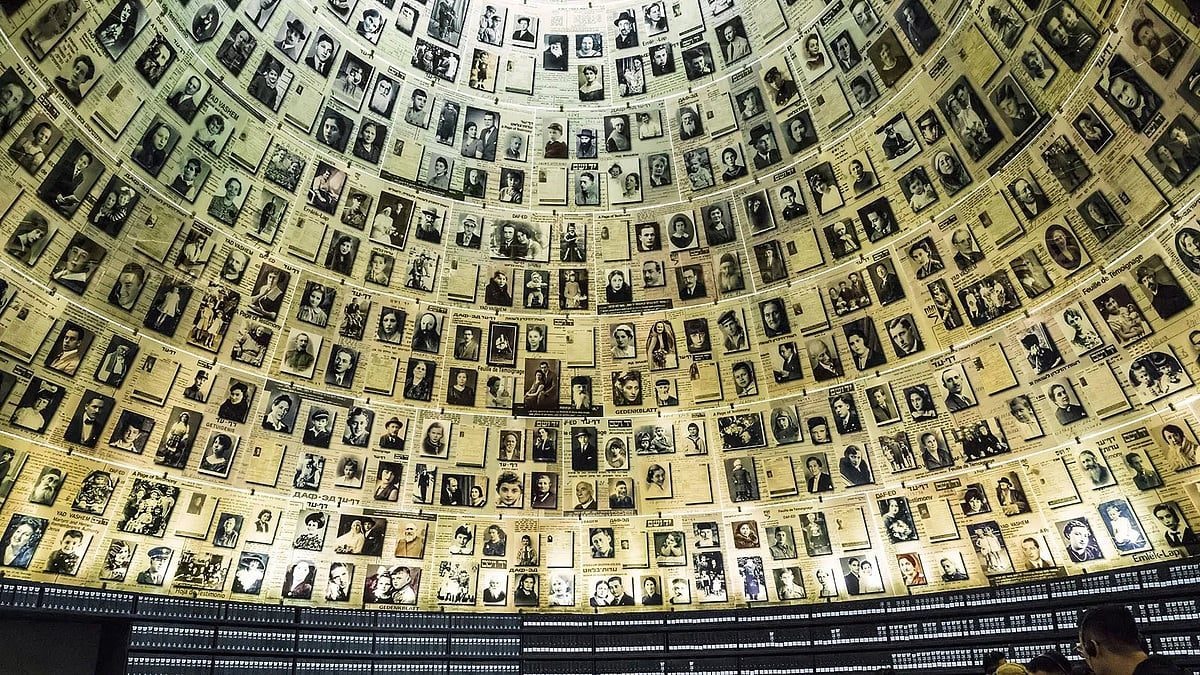AI News Bureau
GenAI Threatens Holocaust Memory — UNESCO Report
The UNESCO report, in partnership with the World Jewish Congress, highlights the growing concern that as young people increasingly rely on Generative AI for assignments and online research, they are at risk of encountering distorted information about the Holocaust.
Written by: CDO Magazine Bureau
Updated 9:09 AM UTC, June 27, 2024

Hall of Names at Yad Vashem in Jerusalem.
A recently published UNESCO report, “AI and the Holocaust: Rewriting History” states that AI could distort the historical record of the Holocaust and fuel antisemitism unless decisive action is taken to integrate ethical principles.
The report cautions that not only can Generative AI enable malicious actors to seed disinformation and hate-fueled narratives, but it can also inadvertently invent false or misleading content about the Holocaust.
The UNESCO report, in partnership with the World Jewish Congress, highlights the growing concern that as young people increasingly rely on generative AI for assignments and online research, they are at risk of encountering distorted information about the Holocaust.
This is because AI-generated content has become a new means for misinformation to spread. Given that 80% of young people aged 10–24 use AI daily for various purposes, it is crucial to take swift action to ethically guide these technologies.
As per the report, generative AI systems are trained on massive amounts of data, which may include misleading or harmful content, leading to the enhancement of societal biases. It also cautions that AI tools could be trained on data from Holocaust denial websites, distorting historical records and creating fabricated testimonies.
The report also states that, due to a lack of substantial data, generative AI models can create fictional events, personalities, and historical phenomena. Reportedly, AI models like ChatGPT and Google’s Bard have produced fabricated concepts and fake quotes on the Holocaust.
In addition to the risk of hallucinations and manipulations, the report underscores AI’s tendency to oversimplify complex history, prioritizing a limited range of sources. On AI-powered search engines, 60–80% of the top image results are of a single Holocaust site, Auschwitz-Birkenau, as per the report.
To address this grave concern, UNESCO urges governments to implement its ‘Recommendation on the Ethics of AI.’ This would ensure fairness, transparency, human rights, and due diligence in AI applications.
Furthermore, UNESCO implores tech companies to implement its standards and work closely with the Jewish community, Holocaust survivors, educators, and historians to develop AI tools that promote ethical practices.
The specialized agency of the United Nations also appeals to education systems to equip young people with digital literacy, critical thinking skills, and a sound understanding of the Holocaust to safeguard the facts of this genocide.


